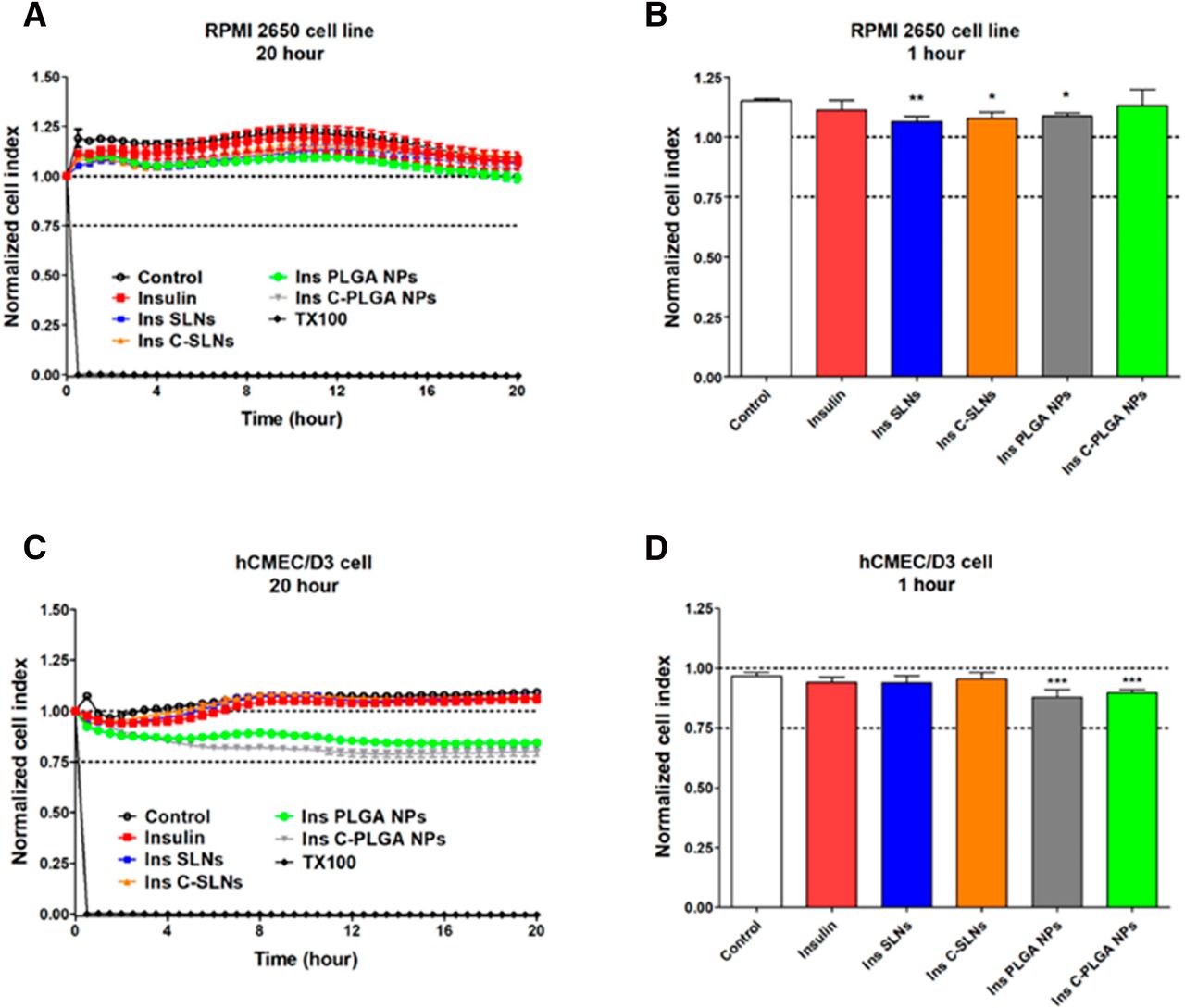
# Researchers at the University of Queensland Create Safer Oral Medication for Chronic Abdominal Discomfort
In a remarkable breakthrough, scientists at the University of Queensland have unveiled a new category of oral medications designed to ease chronic abdominal discomfort. This advancement aims to provide a safer option compared to the opioid-based therapies predominantly utilized today, which carry risks of addiction and various side effects. The innovative drug, developed through the chemical modification of oxytocin—a hormone primarily recognized for its functions in childbirth and social connections—targets the origin of the pain in the colon, without requiring entry into the bloodstream.
## An Overview of Chronic Abdominal Pain Issues
Chronic abdominal pain is a crippling condition impacting approximately **15% of adults** at some stage of their lives. Numerous gastrointestinal disorders, including **Irritable Bowel Syndrome (IBS)** and **Inflammatory Bowel Disease (IBD)**, are frequently linked to this persistent pain. Both IBS and IBD can severely impair the quality of life, manifesting symptoms like abdominal cramping, bloating, and irregular bowel movements.
Historically, physicians have addressed these painful signs using anti-inflammatory medications and opioids. Nonetheless, opioids are infamous for causing dependency and addiction. Furthermore, both types of drugs often result in various systemic side effects, which are undesirable when managing chronic, non-life-threatening conditions.
This newly formulated drug presents a beacon of hope for a specific, non-invasive, and safer option to manage chronic abdominal pain. According to **Associate Professor Markus Muttenthaler**, who spearheaded the research initiative, this medication embodies a completely new strategy, directly targeting pain in the gut while avoiding the typical dangers associated with addiction or side effects.
> “This pain impacts up to 15% of adults during their lifetime, and our only options are anti-inflammatories and opioids, which can lead to side effects and addiction,” Dr. Muttenthaler elaborated. “This represents a novel and highly encouraging method for treating gut ailments.”
## Exploring Oxytocin and Its New Function
**Oxytocin** is a naturally occurring hormone that plays critical roles in functions such as childbirth and breastfeeding. It is also renowned for its contribution to **social bonding**, acquiring nicknames like “the love hormone” or “the bonding hormone.” Besides these roles, oxytocin has been acknowledged for its **capability to alleviate pain**. Sadly, the therapeutic application of the hormone beyond injections has been limited due to its susceptibility to enzymatic breakdown in the gut.
In its untreated state, oxytocin remains viable for less than 10 minutes when taken orally, thus making injections the sole effective delivery method. However, the innovation by the Queensland researchers addresses this limitation. By **chemically altering oxytocin**, the team has developed a **gut-stable variant** that maintains its potency in the digestive tract for **over 24 hours**.
## The Mechanism Behind the New Medication
The essence of this innovation lies in the medication’s **gut-targeted action**. The altered drug operates by focusing on **oxytocin receptors in the colon**, the primary location linked to abdominal pain in conditions such as IBS and IBD. These receptors assist in diminishing the heightened sensitivity of internal organs—a phenomenon referred to as **visceral hypersensitivity**—which often underlies the persistent discomfort experienced by those affected by these disorders.
In contrast to opioids, which disseminate throughout the bloodstream and impact the entire body, the new oxytocin analog functions *locally* within the gut. Since it does not enter the bloodstream, the likelihood of systemic side effects—including dependency—is significantly minimized.
The researchers further improved the molecule’s stability by pinpointing the specific areas of oxytocin that are most prone to degradation by digestive enzymes. They then *chemically adjusted those regions*, preserving the molecule’s ability to attach to its intended receptors.
> “This is a unique method for addressing gut-related pain—it’s precise and does not influence the brain or other bodily systems,” stated Dr. Muttenthaler.
## Progressing Towards Clinical Trials
While laboratory results are encouraging, the team remains in the initial phases of the drug’s development. Dr. Muttenthaler indicated that they are actively searching for potential investors to **accelerate preclinical testing**, aiming to bring the drug closer to human clinical trials.
If these trials yield positive outcomes, this medication has the potential to transform the current treatment paradigm for IBS, IBD, and possibly other types of gut-related chronic discomfort. Moreover, the success of gut-stable oxytocin analogs could inspire further investigations into hormone-based treatments for other body organs, presenting a targeted and safer approach to managing pain.
## Key Terms
To assist you in grasping the concepts related to this research, here’s a concise glossary of key terms:
– **Oxytocin**: A hormone involved in social bonding, childbirth, and breastfeeding, also recognized for its pain-relieving properties.